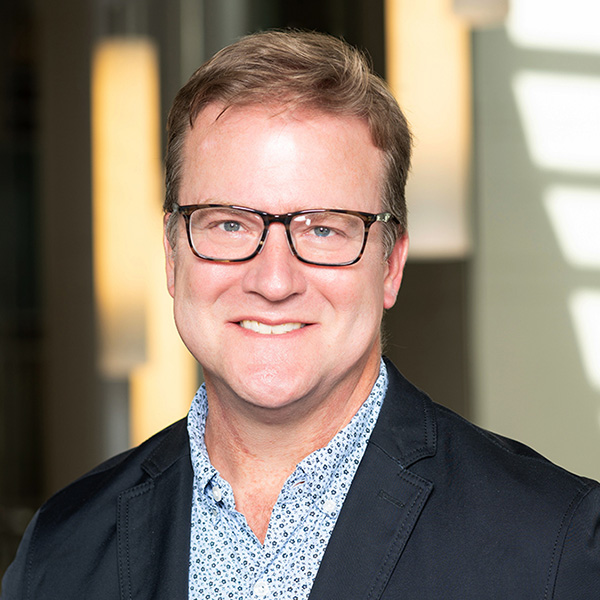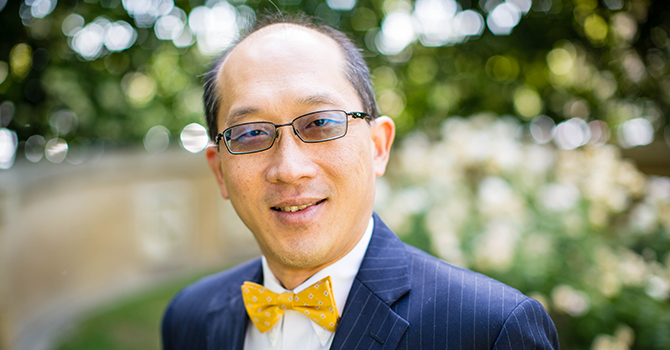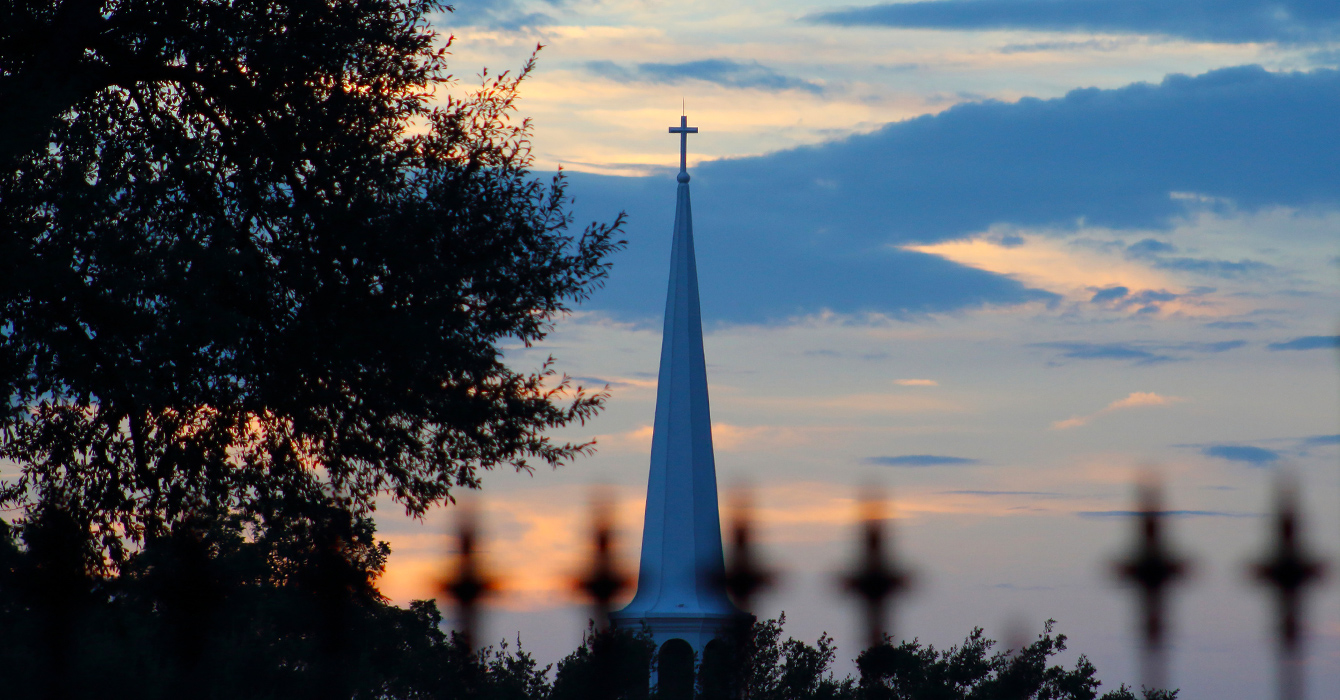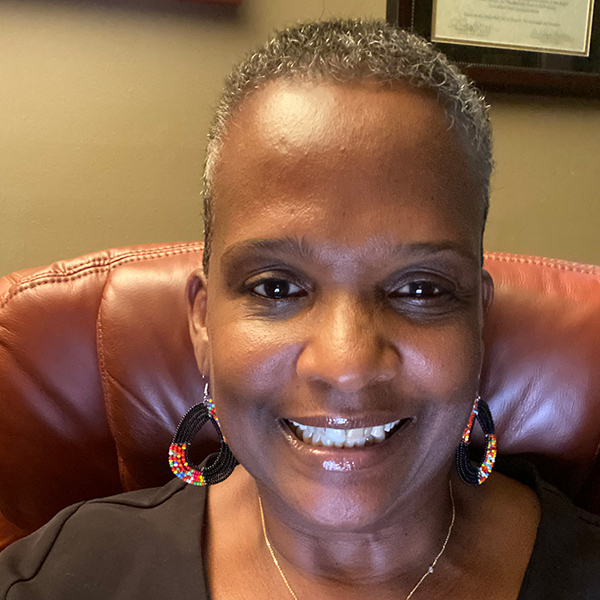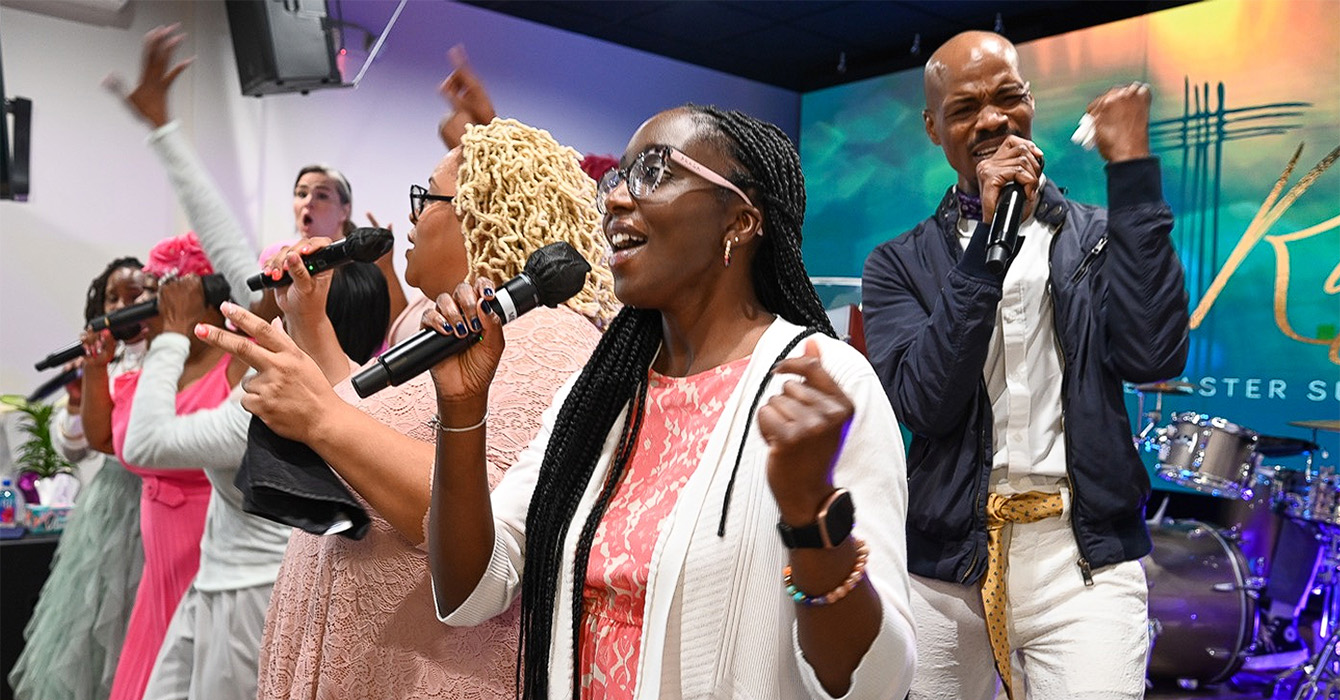The cataclysm of the coronavirus can seem to stop time. There are moments when everything feels on hold, even as we are busier than ever developing ways to carry on under pandemic conditions. Our frantic activity feels like interim work, work for this time when time has stopped.
I am sometimes surprised that history keeps going beneath the bustle of adaptation. Other illnesses still break out. The planet still grows warmer. Abominable, state-sanctioned violence against Black bodies continues, even as movements affirming the dignity of Black lives rise with new power. People still fall in love. Children still grow up; adults still grow old.
And theological schools still face intense pressures that threaten their existence. The strain of figuring out how to teach hybrid classes, support students in particular distress and carry on even the most basic level of operations can make us forget the challenges these schools were facing before COVID-19 began to swell around the globe.
Those challenges are weighty, pressing schools to do things like sell their campuses, merge with other institutions or close entirely. Even before the virus, the crises in theological education felt existential. The conditions that produced those crises have not paused as we wait for a vaccine.
The books in the Theological Education Between the Times series are written from and to these layered crises. The first three books -- by Willie James Jennings of Yale Divinity School, Chloe T. Sun of Logos Evangelical Seminary and Amos Yong of Fuller Theological Seminary -- will be published by Eerdmans this fall. Nine more books are slated to be published over the next two years. (A complete list of authors is below.)
The books grow out of broader and deeper conversations hosted by the Theological Education Between the Times project. The project began in 2014 out of a desire to find faithful ways forward for theological education in a time of great change. Funded by Lilly Endowment Inc. and based at Emory’s Candler School of Theology, the project convenes diverse bodies of people for reflection on the meanings and purposes of theological education.
Two convictions have animated the work of the project from the beginning. The first is that we need to transcend instrumental reason to think about the telos of theological education.
Too often, our deliberations -- especially in times of great stress -- take the form of narrow, managerial discourse that tries to meet present challenges with talk of strategies like cutting costs, building brands, deploying new technologies and increasing market shares.
But such talk does not recognize the depths of the transitions we are in. We need to do more than tweak existing models.
Moreover, such talk too often proceeds as if this work were entirely up to us -- as if God did not and would not act in history. It therefore gives up on the true subject of the theological education it would save.
Good management is essential, now more than ever. But it should unfold as a wise, brave and faithful response to what God is doing in the world, not as a self-sufficient plan. And so the most urgent tasks involve discerning what God is doing and what God is calling theological education to become. The project has tried to keep those questions at the center.
The second conviction is that doing this kind of deliberation requires loosening the hold on our imaginations of the powers and principalities of this world -- most especially, in the contemporary North American context, the powers of patriarchy, colonialism and white supremacy.
In hopes of gaining some critical freedom in relation to these structures of domination, the project has stressed the need for diverse participants and just processes at every stage. If we never entirely escape the powers’ grasp in this age, we are learning even in resistance, struggle and yearning.
These convictions have informed the project’s work across three phases. The first phase (2014-15) convened almost 60 theological educators in five consultations across the country. Participants came from many different Christian traditions. There was no majority racial/ethnic identity among them.
Peter Cha of Trinity Evangelical Divinity School, an early adviser to the project, stressed the importance of the places where we gathered for the kind of thinking we could do. He was right. Different people felt most at home in our meetings at different places -- Saddleback Church, Howard Divinity School, Candler School of Theology, Esperanza College and Mundelein Seminary.
Different kinds of conversations could be had, and different kinds of things could be thought. This first phase ended up producing more than two dozen shorter publications.
A second phase (2016-19) gathered a smaller group of 12 authors for the more sustained work of writing a series of short, accessible books. That group, too, met in a range of places, including City Seminary in New York and a Franciscan retreat house in California. We gathered seven times for worship, conversation and writing. The books grow out of that dense network of relationships.
The project’s third phase, beginning this year, seeks to share what we have been learning and spark further conversations among wider groups of people. The books begin that effort, but they make only a beginning.
Authors in the series will be writing shorter pieces for publications like Faith & Leadership and partnering in programming with organizations like the Asociación para La Educación Teológica Hispana, the Wabash Center and the Louisville Institute.
The project will be convening another round of consultations of its own. We are also hoping to cover the costs of authors traveling in response to invitations from schools, congregations, movements and other institutions that care about theological education.
The purpose here is not “dissemination” of ideas developed in advance. It is rather the expansion of the faithful, critical conversations about the meanings and purposes of theological education that are at the heart of the project’s mission.
We can’t live into that mission by trying to hold the conversations and then distribute the proceeds. The thinking demanded by this time is too contextual and too plural for that.
On a deeper level, we have come to understand that gatherings of diverse people who reason together about what theological education should be are good in themselves, a sharing in God’s great work of redemption.
Authors in the series
- Daniel O. Aleshire -- The Association of Theological Schools (retired)
- Elizabeth Conde-Frazier -- Asociación para La Educación Teológica Hispana
- Keri Day -- Princeton Theological Seminary
- Willie James Jennings -- Yale Divinity School
- Mark D. Jordan -- Harvard Divinity School
- Colleen Mary Mallon, O.P. -- Dominican Sisters of Mission San Jose
- Hosffman Ospino -- Boston College School of Theology and Ministry
- Ted A. Smith -- Candler School of Theology, Emory University
- Chloe T. Sun -- Logos Evangelical Seminary
- Maria Liu Wong -- City Seminary of New York
- Amos Yong -- Fuller Theological Seminary
- Mark Young -- Denver Seminary


